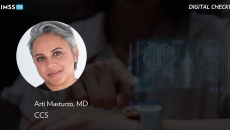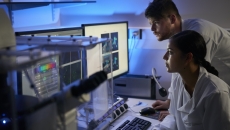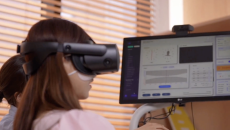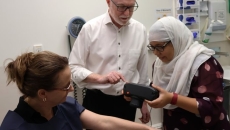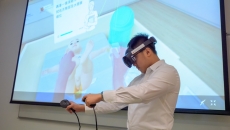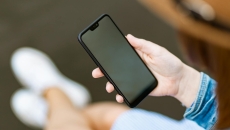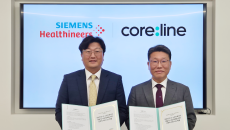Medical devices
Dr. Arti Masturzo, chief medical officer at CCS, discusses the pros and cons of RFK, Jr.'s proposal for every American to wear a government-issued health monitoring device within four years, including concerns around device data accuracy.
The platform helps healthcare teams with the burden of non-actionable alarms and cognitive overload.
Developed at Hallym University, the device integrates visual, eye movement, and vertigo tests in one.
The AI, integrated into a hand-held point-of-care device, demonstrated 94% diagnostic accuracy.
Participants reported enhanced knowledge and competence and reduced stress in caring for premature babies.
Doctors at China Medical University Hospital have also spent less time making diagnoses using AI.
The company intends to partner with healthcare, biopharmaceutical, medical device and diagnostic companies.
Jenn Wong, Abbott's divisional VP of global clinical and regulatory affairs, and Dr. Joshua Eloge, Rush associate director of the Woman's Board Depression Treatment Research Center, discuss their research on treatment-resistant depression.
Also, a project developing an AI-powered application for preventing cognitive decline among seniors has won a $2 million grant from the New Zealand government.
Also, OMRON in Singapore has launched a new medical device plan featuring AI-driven recommendations for self-management of chronic diseases.
